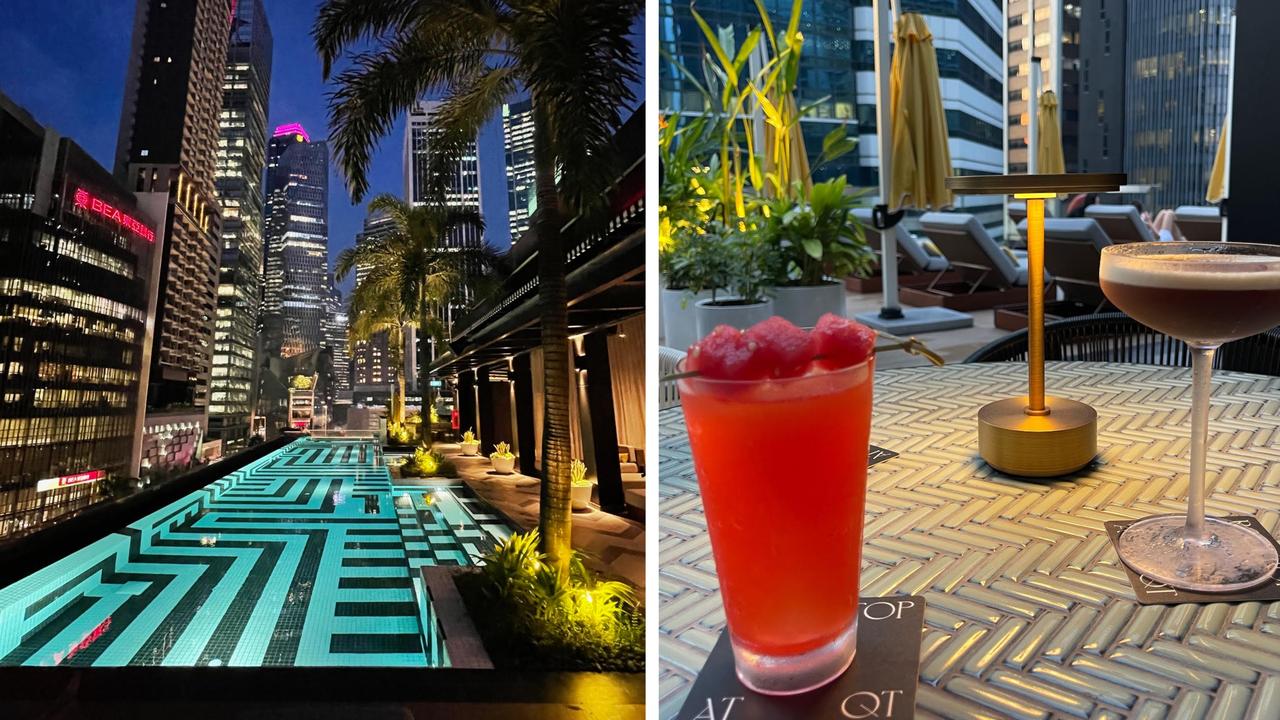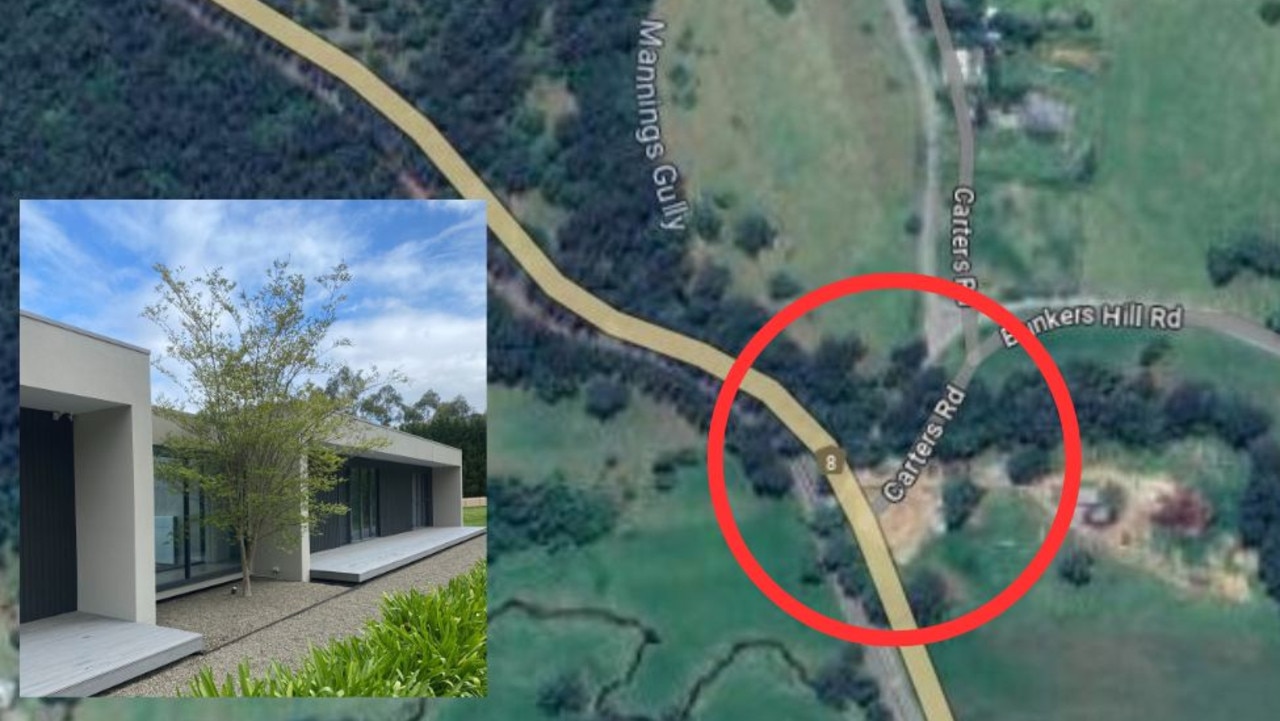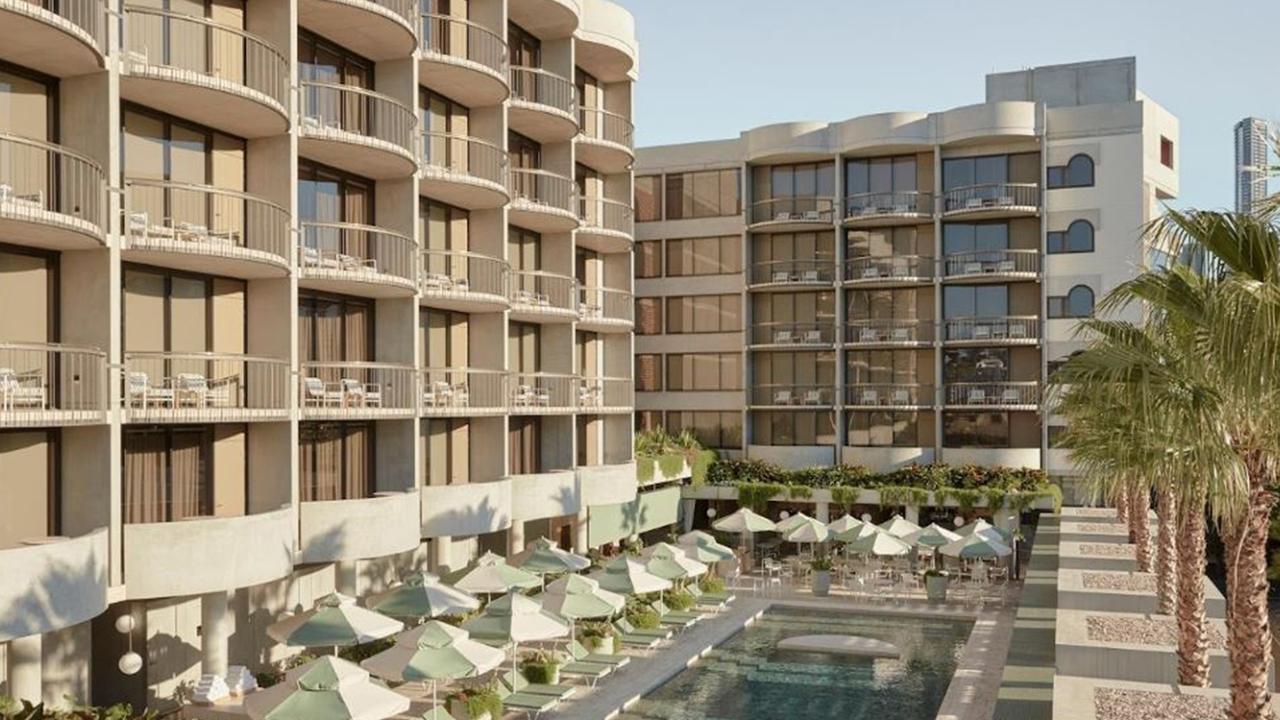How hotels are being designed to lure millennials away from Airbnb
In a war to claw back at the millions of millennials who travel the world each and every day — a growing number of hotels have a cheeky new tact.
When Airbnb launched, it was the answer to a millennial traveller’s prayers — cooler, cheaper accommodation with a personal touch instead of a stuffy, overpriced hotel.
But hotels are fighting back. They’ve learnt their lessons from the success of short-term rentals and are designing new brands with millennials in mind.
Known as “lifestyle hotels”, brands such as Hyatt Centric, Radisson RED, and Indigo by Intercontinental have the backing of the big chains but the individual vibe you get at boutique properties.
By taking the best bits of Airbnb and combining it with the comfort and availability of a hotel — cool spaces, no need to text the host who hasn’t shown up when you can leave your bag with the concierge — they’re attracting cashed up travellers who no longer want to sleep on a couch.
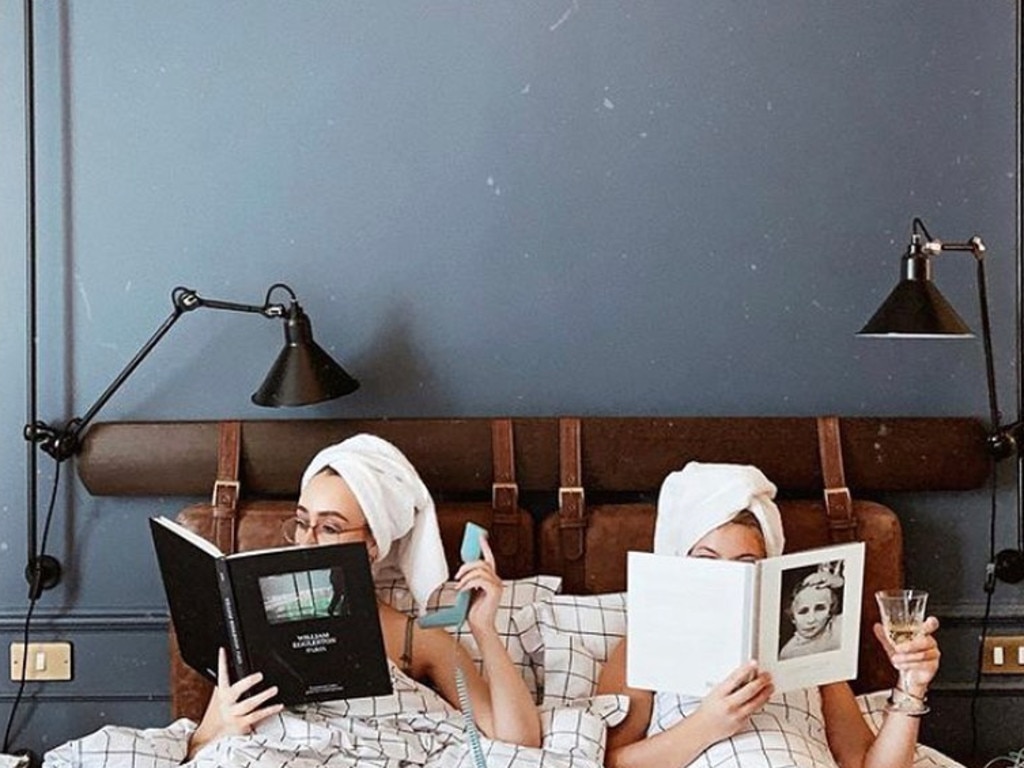
A Resonance Consultancy survey showed 35 per cent of millennials prefer to stay in upscale or luxury hotels while travelling compared to 23 per cent who choose short-term rentals.
They’re looking for shared spaces to interact and co-work, Instagrammable interiors to show off to their friends and small rooms to keep the costs down.
A report by Viga released this year said 73 per cent of millennials check a hotel’s social media feed before booking, 76 per cent shared an image of a hotel, 87 per cent cited the interior design as important when booking a hotel and 81 per cent want a cool bar.  
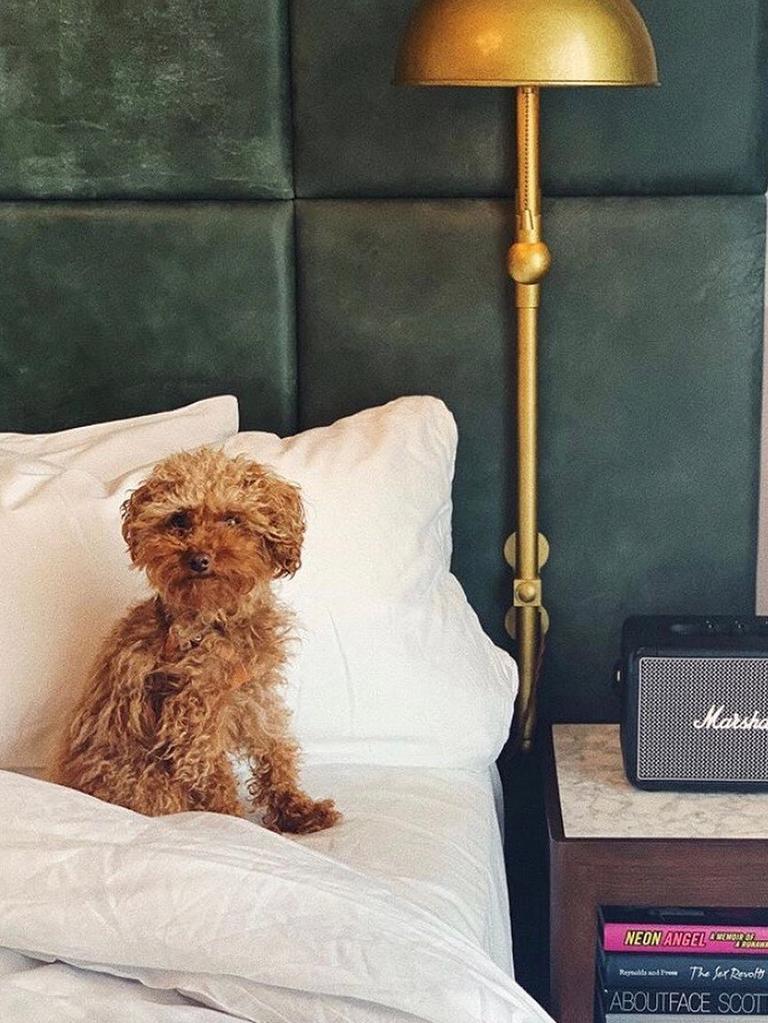
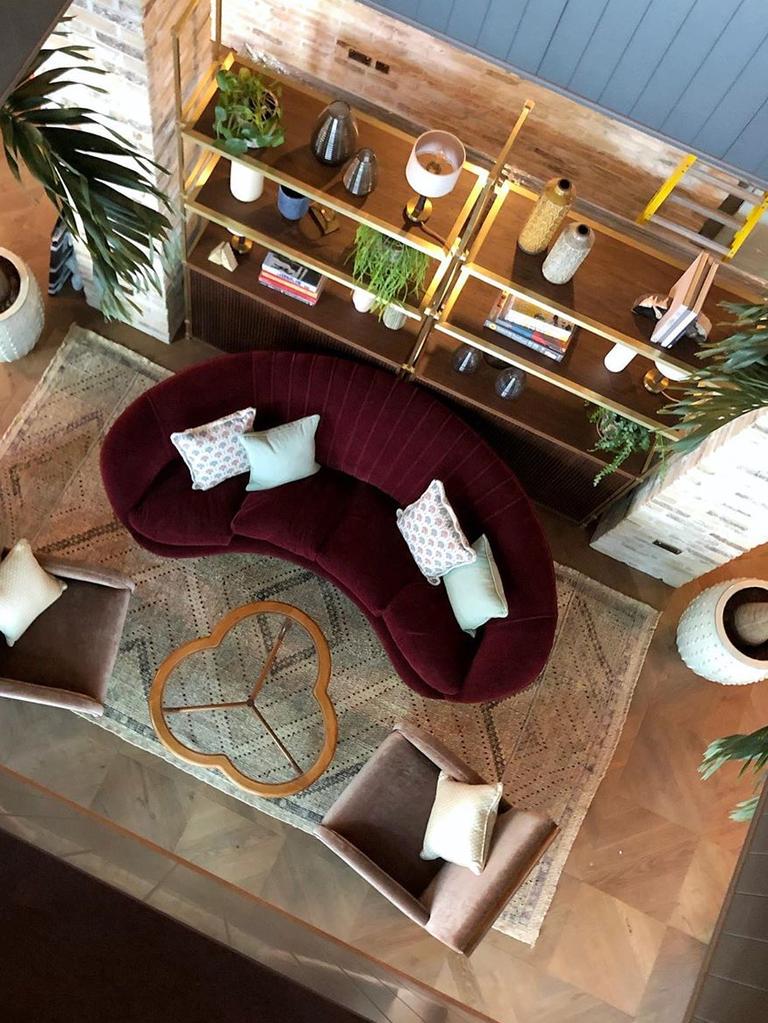
EXPERIENTIAL ACCOMMODATION
Hotel booking site Agoda.com has found that people are changing the way they travel and that includes the types of accommodation they’re looking for.
“Millennials and other travellers now expect instant convenience, inspiring experiences and appreciate hotels like Aloft or 25hours or more boutique properties that express their individuality through cultural ambience, creative zones and seamless technology from check-in to check-out,” said Errol Cooke vice president of global partner services.
“Some hotels now go further, offering their guests local insights and experiences as millennials want their hotel stays to be more memorable and engaging.”

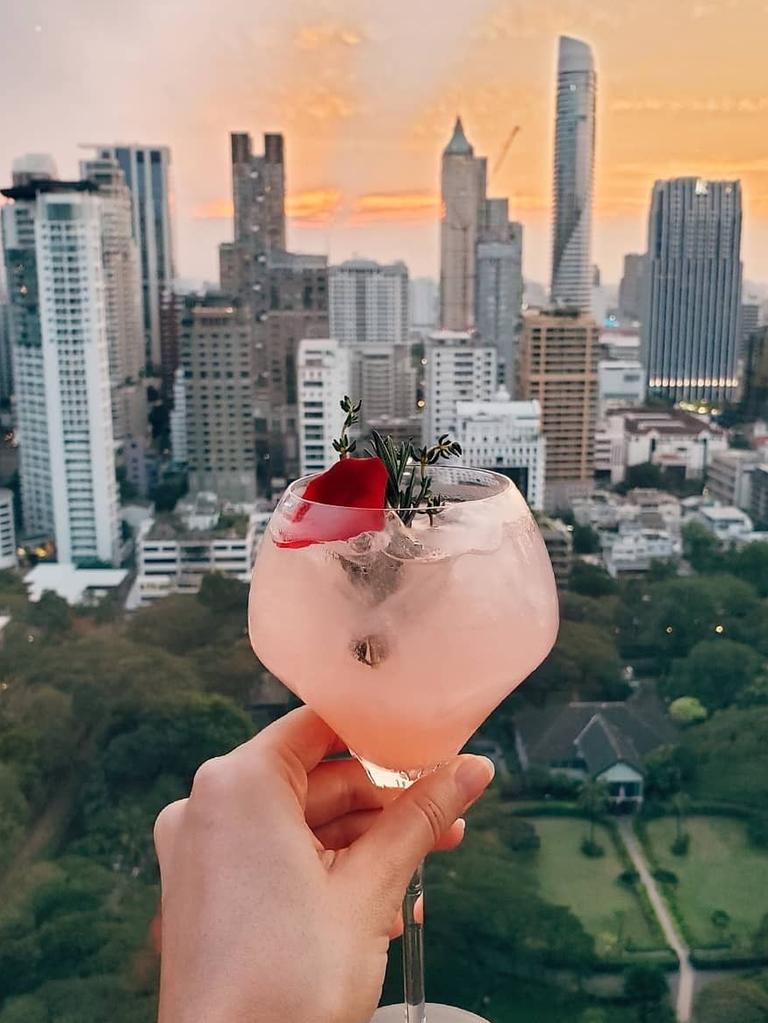
It’s one of the theories behind Hox Friends, one of the initiatives of boutique chain The Hoxton, which has outposts in Amsterdam, Brooklyn, Portland and just opened a new property in Southwark, London.
Ennismore CMO Martina Luger said the philosophy behind The Hoxton has “always been about more than just a bed for the night”.
“We know millennials love exploring and more experiential-based travel, and the idea of facilitating and inspiring cultural discovery is a core to everything we do,” she said.
“The Hox Friends program is an initiative designed to further connect with the community and highlight local culture. We hand-pick a group of locals who share our values and they’re profiled on the dedicated Instagram page, @hoxfriends, which acts as an insider guide for guests to help facilitate discovery of the Hoxton’s neighbourhoods.

“The benefit of this idea versus a concierge, is that we have a wider group helping to curate what’s going on in the neighbourhood which means we get a more varied and wider point of view.
“Often, the nice local insights we get aren’t just the best places to eat, drink and shop but more those small nuggets of secret places to sit and watch sun go down. It’s more personalised and off the beaten path.”
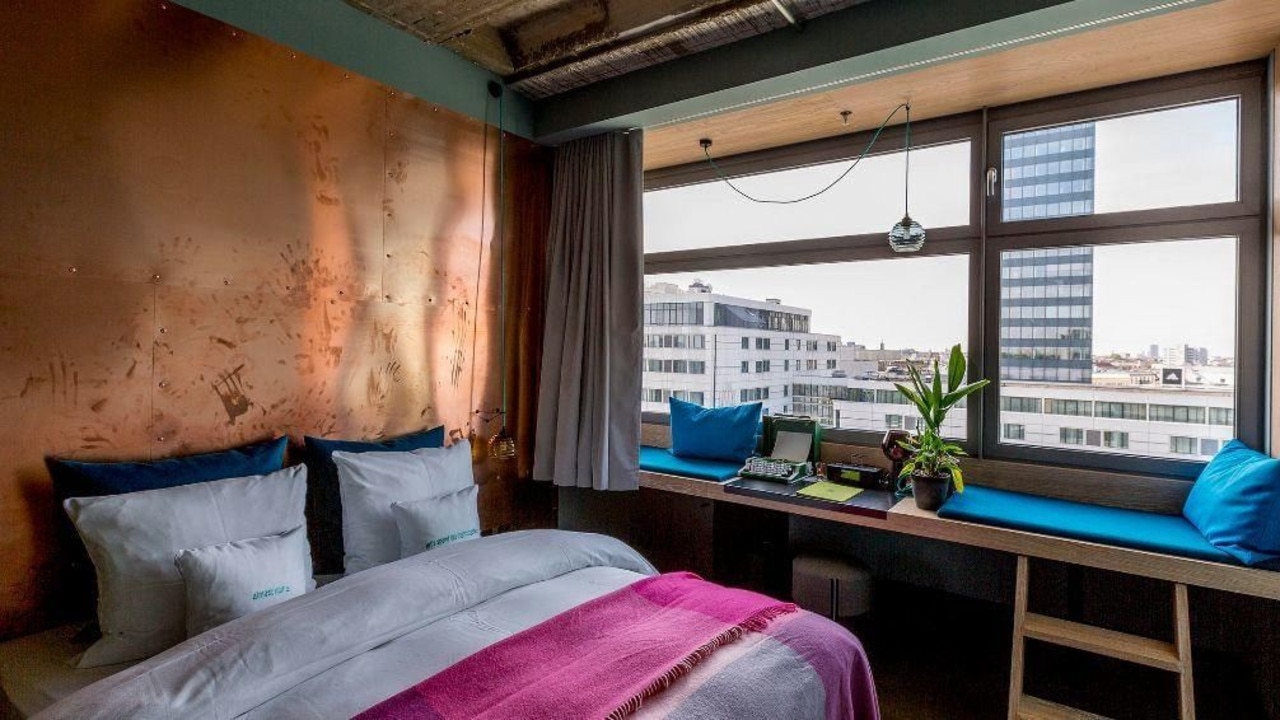
THE HOXTON, SHOREDITCH, LONDON
The Hoxton’s original property in Shoreditch, London doesn’t look or feel like a hotel. During my stay on a Friday night, there’s a DJ playing, it’s packed and feels like a club. Saturday morning, with people hunched over their laptops while sitting on overstuffed lounges and sipping coffee, it could be any cafe in East London.
The book swap shelves are open to all and the concierge, whose desk is tucked off to the side so you can’t see it from the street, tells me that only 20 per cent of people here are guests. The rest are locals, hanging out with friends, having meetings or on first dates.

Designed with comfort and inclusivity in mind, there are overstuffed leather couches, worn occasional chairs and the creation of intimate corners within the large space.  Its personality fits the neighbourhood.
Striking up a conversation with the person next to me, I learn that The Hoxton is her defacto office.
Nej Comert, 30, an insight analyst from Shoreditch, conducts her meetings here.
“I want to be comfortable, here it’s almost like the comfort of my home. I can’t spend so long in a cafe but in here you can spend your whole day,” she said.
“I work from home and ask my manager to come here for our work meetings. It’s quite impressive and feels alive.
“You also expand your network, it’s easy to start talking to new people and connecting. There’s a feeling that it’s quite possible to build that relationship with anyone.”
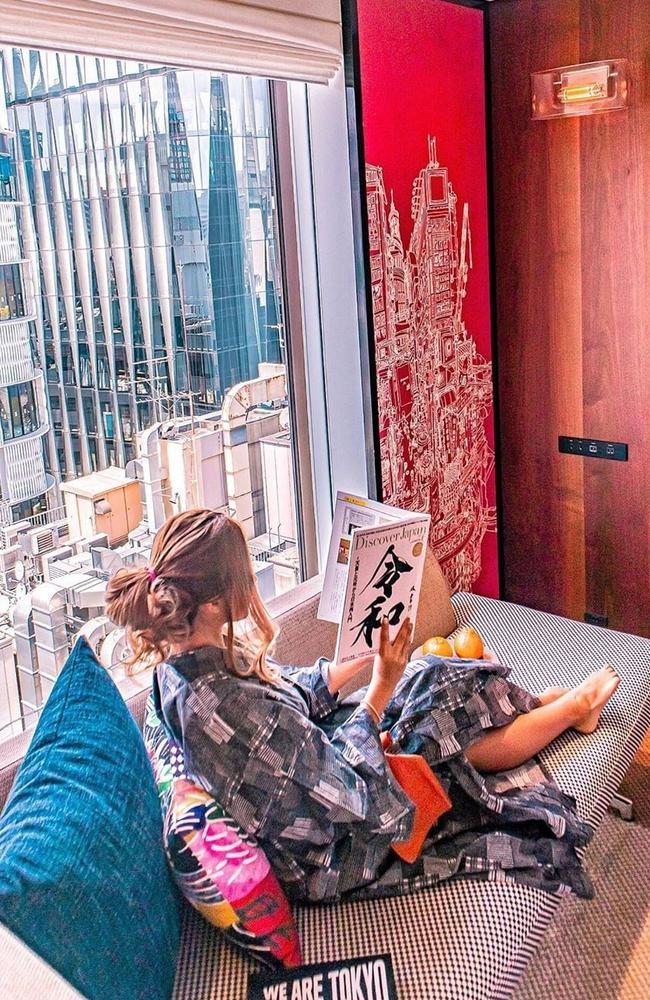
For Luger, the strength of a good hotel over a short-term rental comes down to familiarity.
“It’s knowing that you can go to any of our cities and expect that same level of service, comfort, and welcoming hospitality,” she said.
“We believe our guests are united by a similar mindset: a curiosity to explore, a love for good design, an open mind, and the appreciation of a relaxed and unpretentious experience.
“We love the idea that people step through our doors for different purposes, be it to sleep, to work, to come for a coffee or because they’ve stayed with us before and want to come and say hello in a new city.”
The writer stayed as a guest of The Hoxton.


